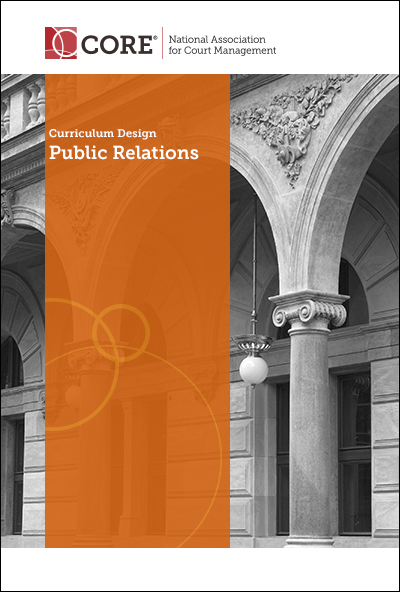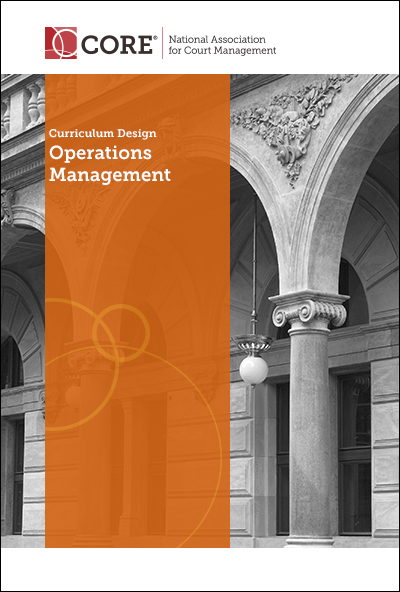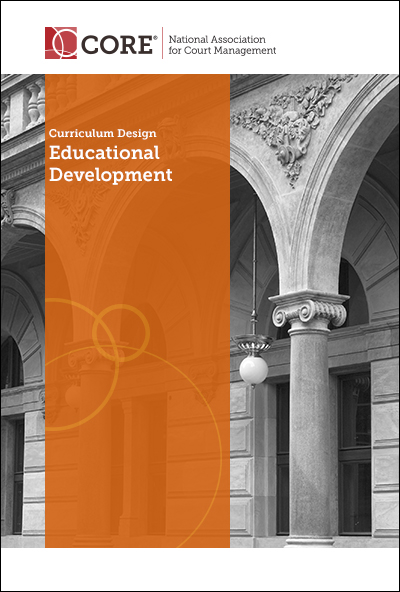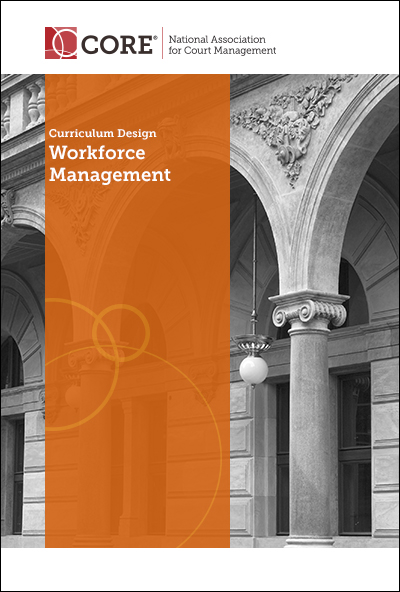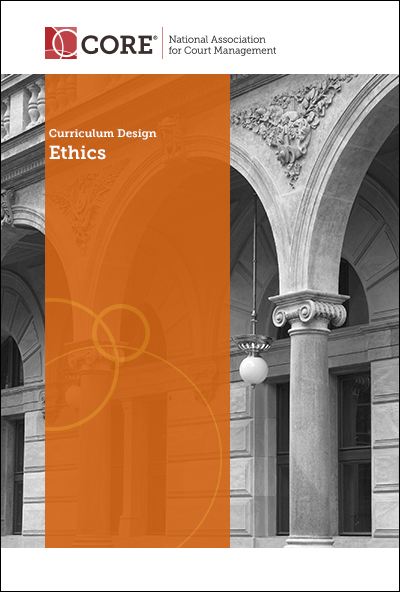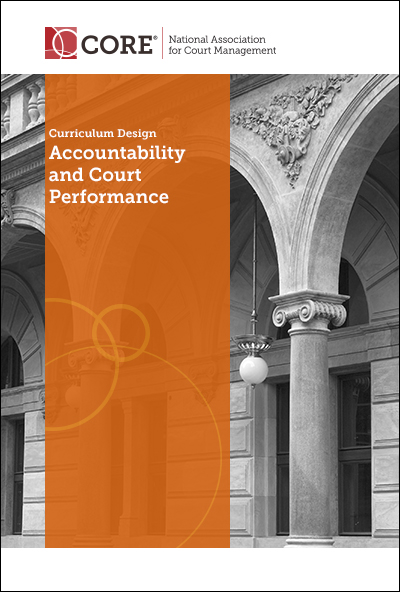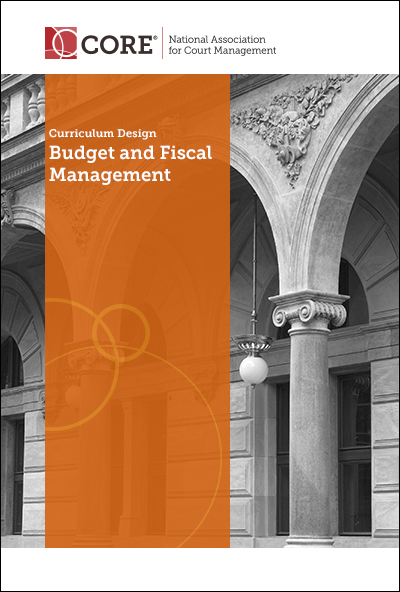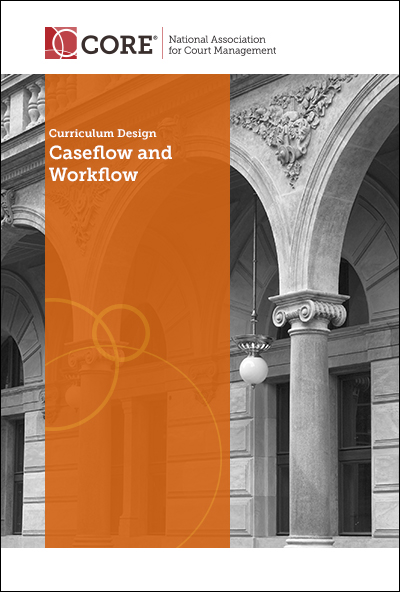These Competencies relate to both daily and long-term functions court leaders must perform, either individually or in collaboration with others. Not all court leaders will individually perform all of the functions associated with these Competencies but they should be aware of their relevance, the key skills they entail and their application, as appropriate, to their specific roles in the courts.
Court leadership requires ethical actions and leaders must be ethical in order preserve the public’s trust and confidence for the judiciary and the value of rule of law. Ethics is the expression of a personal commitment to the principles of citizenship and justice; and demonstrates the court leaders’ pledge; the pledge to court staff, to the judges, to other justice community leaders, and to the public that the courts serve.


